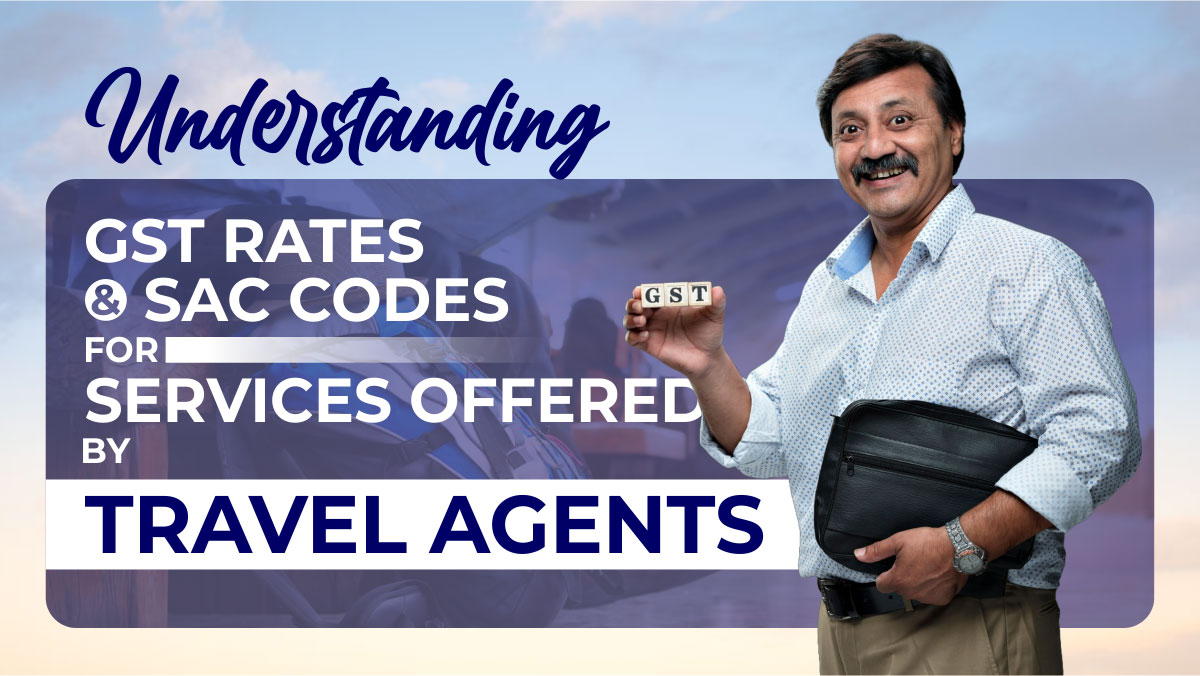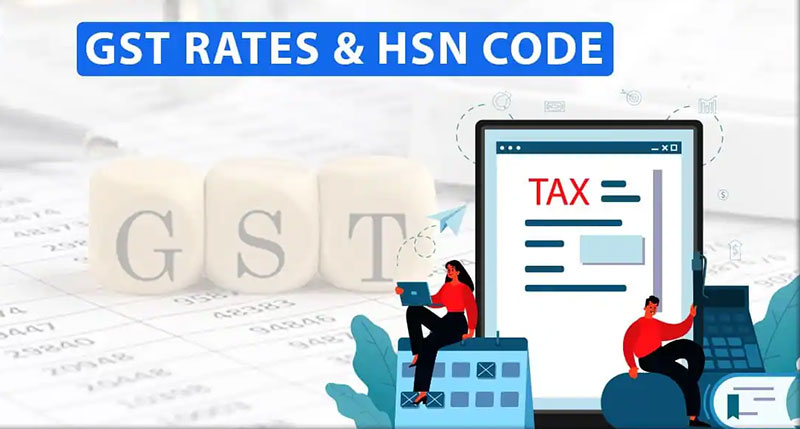
In today’s era, where traveling has become an integral part of people’s lives, be it for leisure or business, understanding the complexities of expenses related to it is crucial. One such aspect that often gets overlooked is the application of GST rates on services provided by travel agents and tour operators. The Goods and Services Tax (GST) council has introduced specific GST Alerts for various types of expenses related to travel, which travelers need to be aware of to plan their budgets effectively.
1. Introduction to Travel Agents
But let’s first understand the role of a travel agent. A travel agent acts as an intermediary between travelers and service providers such as hotels, airlines, car rentals, and tour operators. Their primary responsibility is to facilitate the travel planning process for their clients by offering consultancy services and comprehensive travel packages.
2. Comparison Between Tour Operators and Travel Agents
It’s essential to differentiate between tour operators and travel agents to grasp the nuances of GST application accurately.
| A Tour Operator | A Travel Agent |
| Conducts vacations and vacation packages | Sells vacation packages as an intermediary |
| Creates the services | Buys holiday packages from tour operators and resells them |
| Ensures a tourist enjoys the vacation package | Deals with clients who choose their preferred vacation options |
3. Threshold Limit for GST Registration
Both tour operators and travel agents are required to register for GST if their turnover exceeds specific thresholds. For tour operators, the threshold is Rs. 20 lakhs, while for travel agents, it’s Rs. 10 lakhs. However, certain states have different turnover limits.

4. Determining the Place of Supply
The place of supply plays a crucial role in determining the applicability of GST Alerts. For instance, if a hotel or cruise is located in India, the place of supply would be the location of the hotel or cruise. However, if the hotel or cruise is outside India, the place of supply would be the location of the travel agent.
5. Applicable GST Rates for Travel Agents
Travel agents are required to levy 18% GST on their commissions. However, specific rules apply when the agent provides air transportation services, where GST rates differ based on whether the booking is domestic or international.
- Domestic booking: 5% of the basic fare
- International booking: 10% of the basic fare

6. GST Rate and SAC Code for Various Travel Services
Understanding the SAC codes and corresponding GST rates is essential for both travelers and travel agents to ensure compliance with GST regulations. Here’s a breakdown of some key services:
| Service Description | SAC Code | GST Rate |
| Foreign visitor services for trips outside India | 9985 | Nil |
| Sale of tour packages | 998552 | 5% |
| Rent-a-cab service | 9967 | 5% |
| Air ticket booking services by agents | 998551 | 18% |
| Service charge for travel-related services (e.g., visa, passport) | 998555 | 18% |
| Rail travel agent commission | 9967 | 18% |
| Hotel booking or cruise by agent | 998552 | 2%-18% with ITC or 5% without |
7. Conclusion
In summary, grasping the intricacies of GST rates and SAC codes for travel services is vital for agents and travelers alike. This understanding ensures compliance, transparent pricing, and smoother transactions. By mastering these codes, agents streamline operations and enhance customer satisfaction, while travelers gain clarity on taxes incurred. Ultimately, this knowledge empowers both parties to navigate the travel industry confidently and efficiently.
